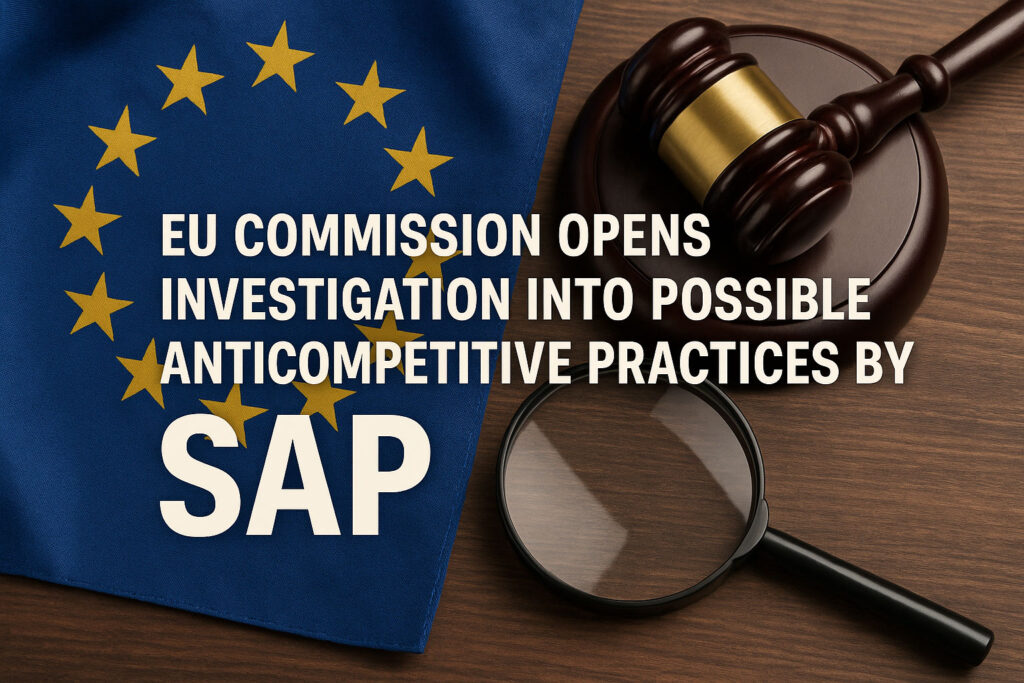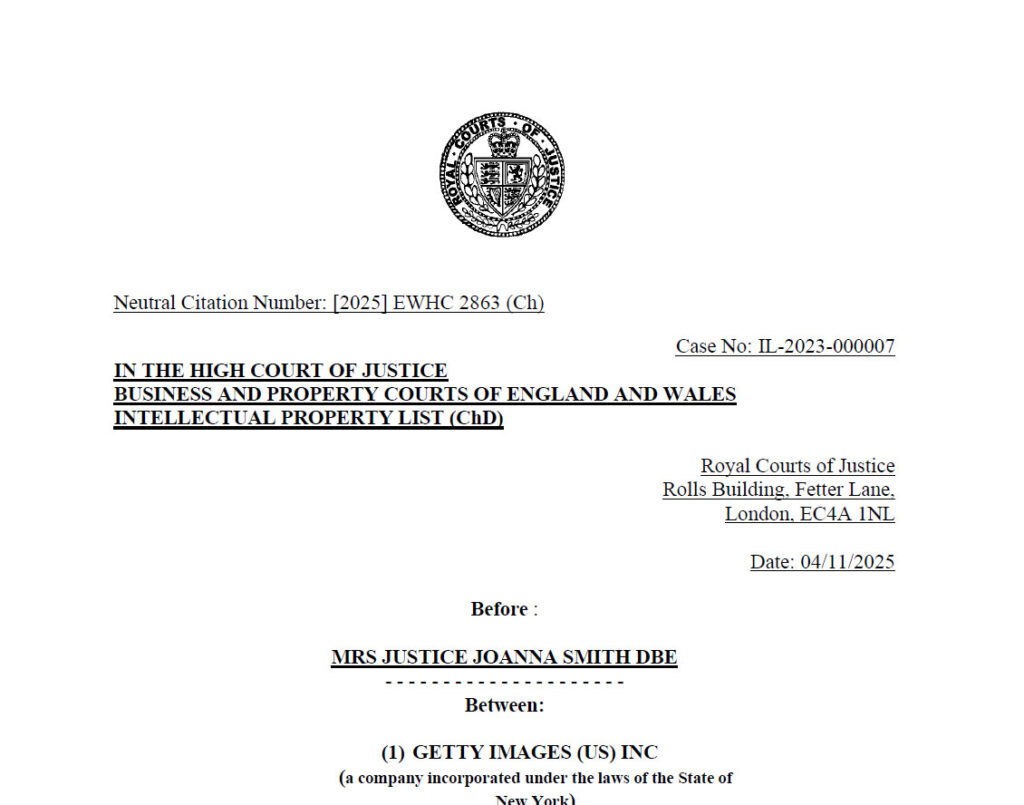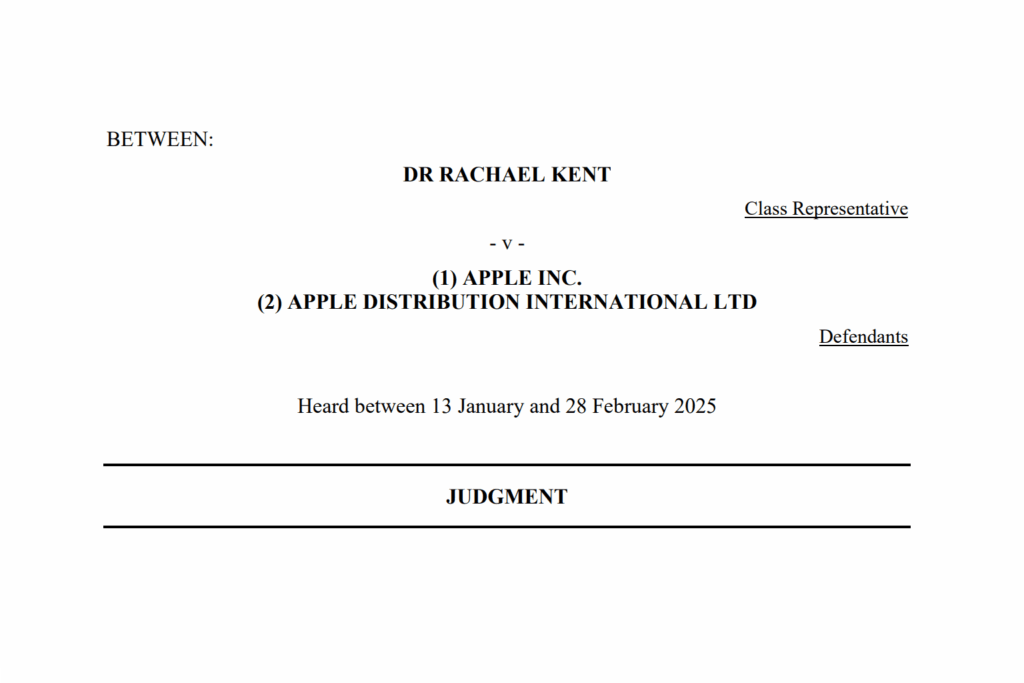SAP, a German software company, is a global leader in enterprise resource planning (ERP) systems. On 25 September 2025 the European Commission announced it has opened a formal antitrust investigation into SAP’s maintenance and support services for its on-premises ERP software.
The case focuses on the aftermarket for maintenance and support services relating to SAP’s on-premises enterprise resource planning (ERP) software.The Commission’s concern is that SAP may have restricted competition by making it difficult for customers to choose independent providers of maintenance and support. According to the Commission’s preliminary assessment, certain contractual practices may effectively tie customers into SAP’s own services, limit their ability to reduce costs, or create barriers for competitors in the aftermarket.
Specifically, the Commission points to practices such as:
• requiring customers to apply the same level of maintenance across all ERP installations,
• restrictions on cancelling maintenance for unused licences,
• automatic contract extensions,
• and high reinstatement fees if customers re-enter SAP’s maintenance after a break.
These conditions, the Commission suggests, may amount to anticompetitive restrictions that reduce choice and increase costs for European businesses.
The legal framework
The case is being examined under Article 102 TFEU, which prohibits the abuse of a dominant market position. A company is not prevented from being dominant, but it must not exploit this position in ways that distort competition. Practices such as tying, excessive pricing, or unfair contract conditions can all fall within Article 102 if they foreclose competitors or exploit customers.
The investigation proceeds under the procedural framework of Regulation 1/2003. At this stage, the Commission has issued a preliminary assessment. SAP now has an opportunity to offer commitments (Article 9 of Regulation 1/2003) that would remedy the Commission’s concerns. If satisfactory, such commitments can be made legally binding following a public “market test.” If not, the case can move to a formal infringement decision, which could result in fines of up to 10% of SAP’s global turnover.
Broader enforcement trends
This case fits a wider pattern of Commission enforcement in technology and digital markets. Regulators have become increasingly focused on so-called aftermarkets, which are situations where customers buy a primary product but then face lock-in or restricted choice in related services. The concern is that dominant firms can use their control of the primary market (here, SAP’s ERP software) to restrict competition in the secondary market (maintenance and support).
The Commission’s approach is consistent with its emphasis on ensuring customer choice and reducing switching costs in digital and enterprise software markets. It reflects a policy trend aimed at tackling barriers that prevent businesses from accessing competitive alternatives.
Likely next steps
Given the procedure, several scenarios are possible:
• Commitments: SAP may offer to adjust its maintenance policies, for example by allowing more flexibility in contract scope and termination, or by easing conditions for third-party support. If accepted after market testing, the case would be closed without a finding of infringement.
• No agreement: If commitments are not offered or are insufficient, the Commission may proceed to a full infringement decision, potentially leading to a substantial fine.
From a practical perspective, the commitments route is often faster and allows both the Commission and the company to resolve concerns without lengthy litigation. However, the Commission has shown willingness in recent years to impose infringement decisions where it considers commitments inadequate.
Conclusion
For business leaders, the key takeaway is that EU competition enforcement continues to scrutinise practices that lock customers into a single vendor’s ecosystem. The SAP case illustrates the Commission’s determination to preserve competitive choice in aftermarkets, especially in areas as critical as enterprise IT systems. Companies should take note that even long-standing contractual practices may come under challenge if they restrict customer choice or foreclose rivals.




